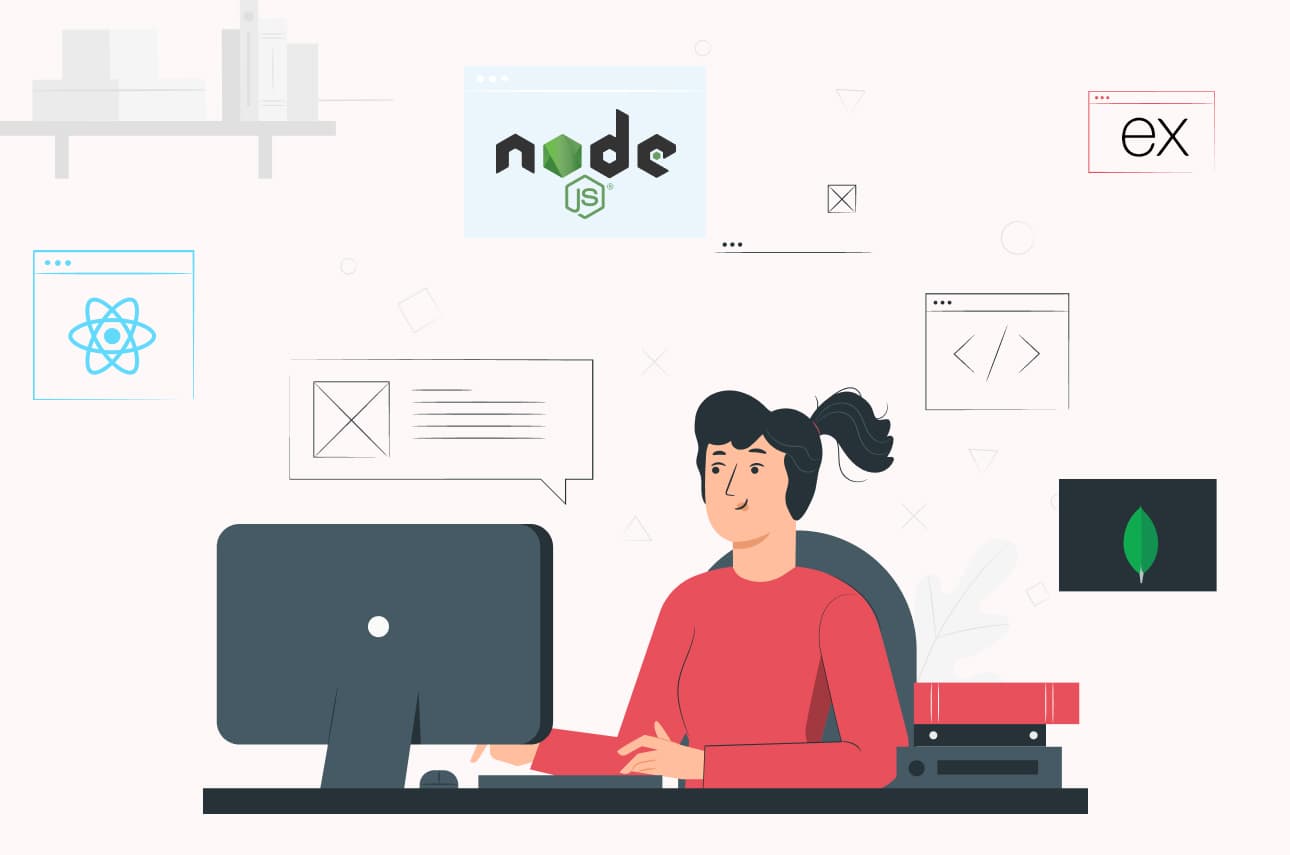Introduction
Across the globe especially in the United States, companies are increasingly adopting a more strategic approach to product development. Consequently, selecting the appropriate technology stack has emerged as a pivotal decision-making factor. And that’s where MERN stack development comes into the limelight.
What does a technology stack mean?
Generally, a technology stack is a blend of programming languages, databases, tools, libraries, and frameworks and the MERN stack is not exceptional. By utilizing the MERN stack and ReactJS, it is possible to develop a product that effectively meets existing business requirements. Moreover, a well-suited tech stack paves the way for future growth and adaptability, ensuring that the product can evolve to encompass forthcoming business needs.
This is precisely why the tech stack forms the foundation of a product, enabling it to thrive in the market. In this installment of our technology stack series, we delve into the MERN stack, which takes center stage as our second episode. So, without further ado, let’s commence our exploration.
Also Read – Comparison MERN Stack Development vs MEAN Stack Development








